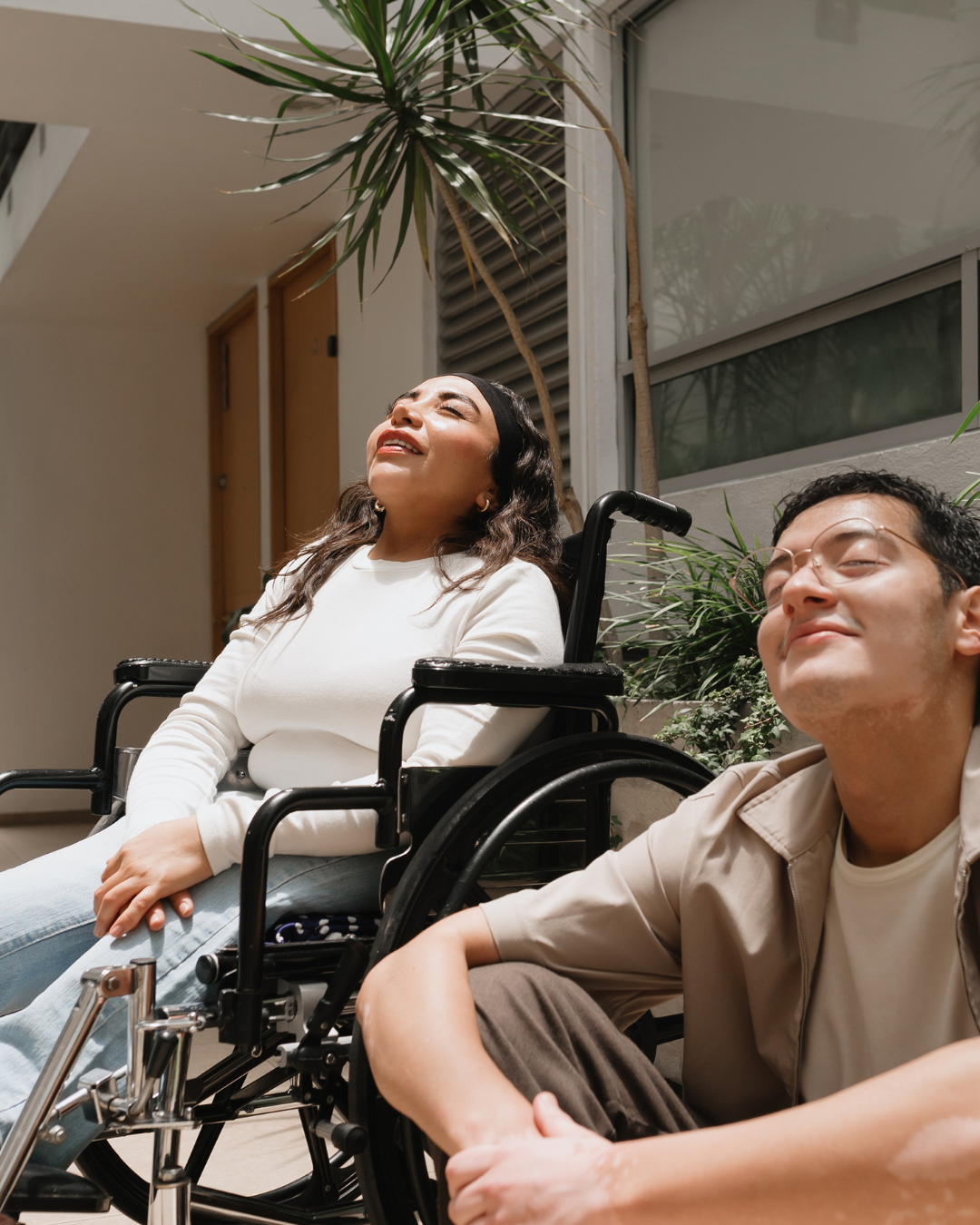Sundowning refers to a group of neuropsychiatric symptoms which commonly develop late afternoon or during the evening and night time ( periods of diminishing daylight). While it is commonly seen in individuals diagnosed with dementia or neurocognitive decline due to #parkinsons or #alzheimers disease, these same symptoms can be seen in children and adults with #autism . When #sundowning becomes apparent, look for patterns, note the things that seem to trigger it, and then do your best to avoid or limit those triggers. We should be our most gentle with individuals who either suffer from Alzheimer's disease or deal with autism the later the day progresses.

Sundowning refers to a group of neuropsychiatric symptoms which commonly develop late afternoon or during the evening and night time ( periods of diminishing daylight). While it is commonly seen in individuals diagnosed with dementia or neurocognitive decline due to parkinson's or alzheimer's disease, these same symptoms can be seen in children and adults with Autism. The etiology of Sundowning is complex and understanding it is a challenge. Changes in the normal circadian rhythm is one of the most common cause of sundowning however other factors such as medication, environmental changes, co-morbidities all play a significant role in development of disruptive behaviors seen in people who experience sundowning.
The symptoms of sundowning typically occur between the hours of 4 p.m. through 11 p.m.. Symptoms may be worse during the fall and winter months due to daylight hours being shorter.
As a parent or caregiver, some signs to look out for include:
- Signs of fatigue
- Signs of unmet needs, pain or discomfort
- Agitation, anger or irritability
- Confusion, delusions or hallucinations
- High levels of anxiety
Some of the common symptoms associated with sundowning include:
- Confusion
- Anxiety
- Aggression
- Irritability
- Hallucination
- Pacing
- Changes in demeanor
- Motor changes like restlessness
While you may not be able to stop sundowning symptoms completely, these are seven ways you can help prevent sundowning, reduce symptoms and best cope.
1. Look for & avoid triggers
Certain activities and environments can trigger your loved one’s sundowning. Things like fatigue, loud noises, discomfort, taxing activities or changes in environment or caregivers can be a challenge for people with Autism. Use your smartphone or a journal to track what triggers or worsens symptoms so you can avoid situations that promote agitation and confusion. You can also grab a copy of “Antecedents, Behaviors, & Consequences : A Person-Centered Behavior Tracking Log” to document the ABC’s of the behaviors you are seeing displayed.
2. Use a schedule to maintain structure in the day
Daily routines can help your loved one feel safe by minimizing surprises and reducing anxiety and confusion. Offer structured meaningful activities earlier in the day, including physical exercise and movement. Although things do change, having a written or visual schedule for what is expected during the day is proven to minimize anxiety.
3. Spend time outdoors during the day
Taking a walk to enjoy some sunlight and fresh air is a great way to add natural vitamin D and also pump those feel good chemicals into the body. Sunlight can help set their internal body clock (circadian rhythm) as well as help reduce pent up energy.
4. Encourage naps thought the day & a consistent sleep pattern
Fatigue and lack of sleep can worsen sundown symptoms. Incorporate naps as needed by alternating activity with brief periods of rest. As the day comes to an end, ensure your loved one gets a good night’s sleep. Warm caffeine free tea is always a good option to signal it is time for bed.
5. Limit stimulation in late afternoon and early evening
Lower lights, limited caffeine intake, closed curtains or blinds, minimal noise, and reduced clutter are all ways to limit stimulation as the day comes to an end. Use soothing scents like lavender and sensory input (hand rubs or massages) when appropriate to help your loved one feel comfortable and relaxed enough to rest.
6. Be gentle during a “sundown” episode
Approach the person calmly using a peaceful tone of voice. Validate your loved one’s feelings and shift their attention using soothing music or relaxing activities. Watch your own behavior too! As a caregiver, you may be tired, frustrated or short-fused, which can trigger behavioral responses in the person experiencing these symptoms.
7. Seek support from professionals and loved ones
Navigated Autism & sundowning syndrome can be draining on your loved one, but for caregivers too. If you have concerns, speak with your loved one's professional team (doctors, behavior specialists, etc.). They can develop strategies to cope with the symptoms and provide ways to support you through this. As a caregiver, it’s important you take care of yourself too. Ensure that you get regular exercise, eat well and get enough rest. Seek support from family members and friends. Ask your doctor or case manager about respite care or support services to give yourself a necessary break from your caregiving duties.
When sundowning becomes apparent, look for patterns, note the things that seem to trigger it, and then do your best to avoid or limit those triggers. We should be our most gentle with individuals who either suffer from Alzheimer's disease or deal with autism the later the day progresses.












